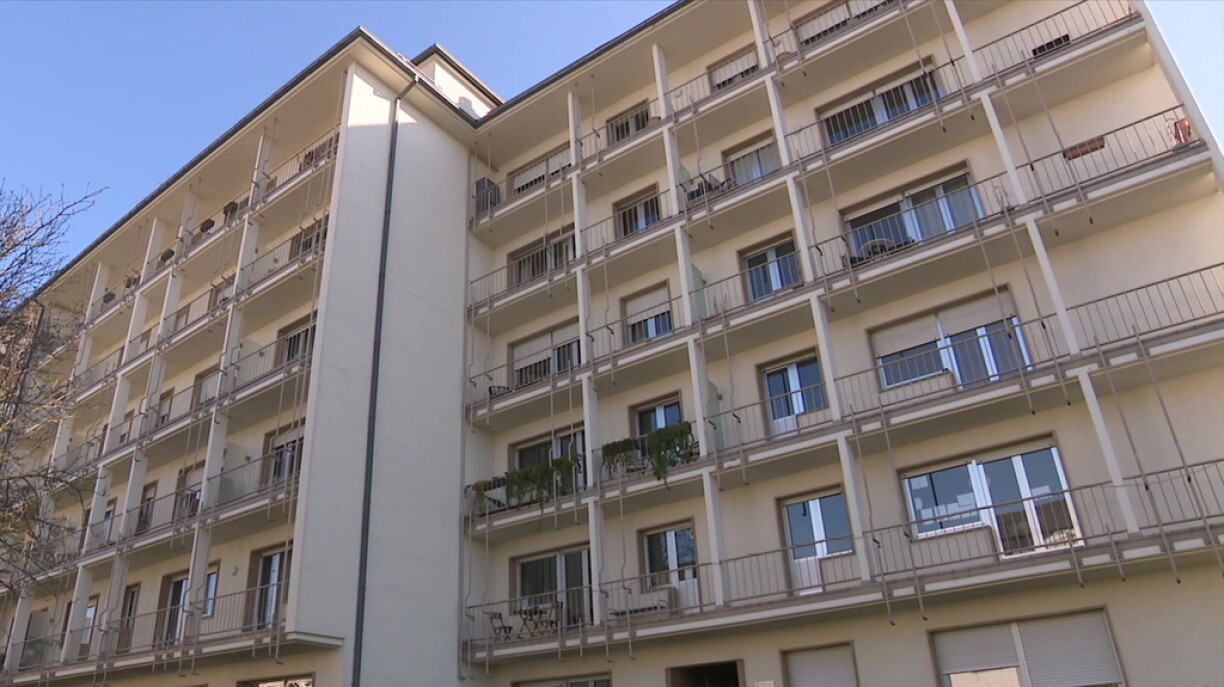
Nearly a year ago, fervent debates surrounded the rent and lease bill, aiming to introduce measures such as a lower rent cap and improved tenant protections. However, the topic has since all but disappeared from political discourse, leaving observers to ponder the bill’s fate. Despite initial intentions, the legislation failed to garner support across political lines and faced criticism from the Council of State, ultimately stalling in the Chamber of Deputies. Prior to the elections, however, the governing parties had promised not to forget about the concerns of tenants.
Luxembourg already has a rent law which sets an upper limit of 5% of the invested capital, although this is not necessarily respected in practice. Former Minster for Housing Henri Kox proposed revisions in 2022, advocating for a maximum cap of 3.5% of invested capital, adjusted to reflect price fluctuations over time. However, disagreement persisted over this threshold, with critics expressing concerns from various perspectives.
Some opponents argued that imposing such a cap could deter investors, potentially reducing real estate investments and exacerbating the housing shortage.
Furthermore, flaws in the proposed formula raised fears of disproportionately high rents for older properties compared to newer developments, drawing criticism from groups like the Tenants’ Protection Association.
Despite efforts to salvage elements of the bill through separate votes, including proposals to reduce rental deposits, split agency fees equally between tenants and landlords, and establish a legal framework for shared flats, the legislative project ultimately failed to pass through the Chamber of Deputies.
These mainly focus on increasing the housing supply in Luxembourg. They include incentives such as tax advantages for residential property sales, an increase in notarial deeds related to property transactions (Bëllegen Akt) from €30,000 to €40,000, and more subsidies to support prospective homeowners. The state also intends to purchase 800 VEFA properties (vente en l’état futur d’achèvement, or “sale in future state of completion”) for rental purposes.
Upon enquiry by our colleagues from RTL.lu, Minister for Housing Claude Meisch disclosed details of recent discussions with the Tenants’ Protection Association. Specific provisions from the draft bill, such as deposit reductions, fee division, and regulations for shared flats, will undergo separate parliamentary votes. Minister Meisch indicated that these votes could occur either before or after the summer recess.
However, the government currently has no plans to implement a rent cap. Minister Meisch cited high interest rates and challenges in the construction industry as factors influencing this decision. Instead, he proposed exploring potential compromises between investors and tenants in two years’ time.
Jean-Michel Campanella, President of the Tenants’ Protection Association, welcomes the fact that at least individual measures from the Rent Bill will be maintained and hopes that they will be implemented soon. While acknowledging the potential benefits of new initiatives to stimulate the housing market, Campanella expresses scepticism about their effectiveness in curbing rental prices.
According to Campanella, the current rental market situation is “catastrophic,” with conditions markedly worse than in 2023.
In response, the Tenants’ Protection Association calls on the government to “at the very least” introduce rent caps for so-called Cafészëmmeren (literally “bar rooms,” basically furnished rooms). Campanella asserts that exorbitant prices in this segment disproportionately impact society’s most vulnerable members.
Additionally, the association calls for the professionalisation of the Rent Committee within the Ministry of Housing, urging the appointment of trained legal experts. Currently, the committee’s limited capacity fails to adequately address the growing number of cases, as criticised by the Tenants’ Protection Association.